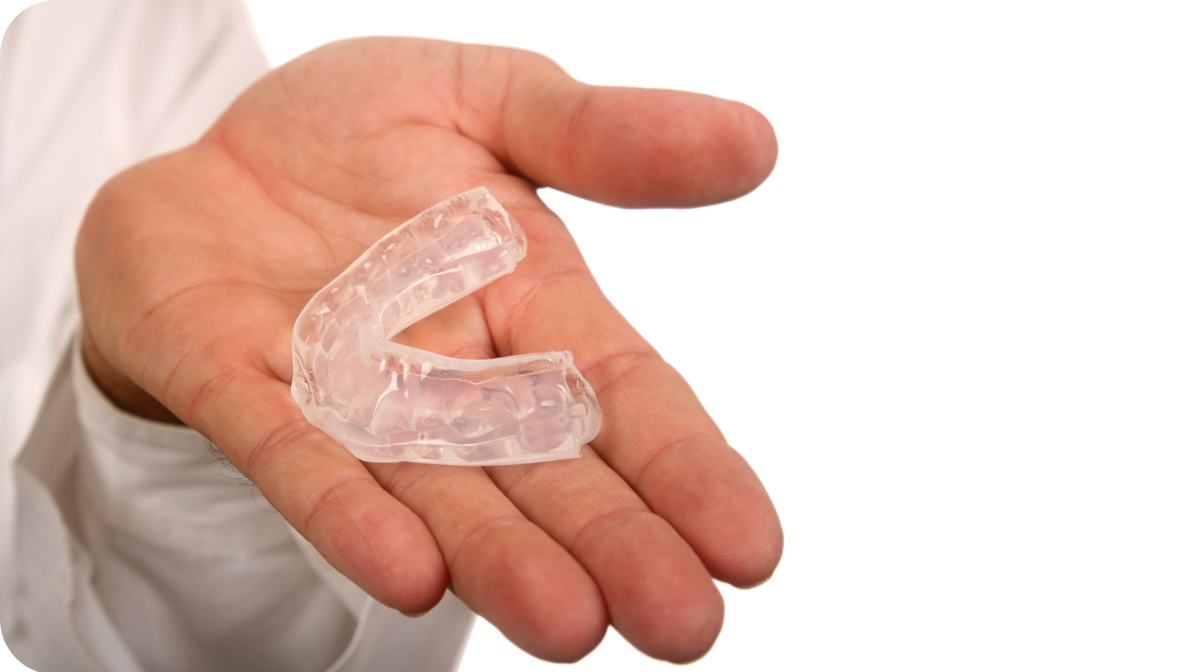Getting a good night’s sleep is enough of a challenge without our bodies and minds colluding to make it harder. But that’s what happens with nocturnal teeth grinding—medically termed “bruxism.”

Simply put, this the detrimental habit of gnashing, clenching, or grinding your teeth during sleep. The practice is often combined with a waking habit of clenching your jaw, especially when concentrating.
The first signs you might notice are fairly benign and easy to miss. These include jaw pain, neck soreness, a throbbing, low-grade headache for no apparent reason, and an audible clicking or popping of your temporomandibular joint (TMJ—the jaw’s hinge joints). Most sufferers only discover the problem during a routine dental check-up, when the dentist notices unusual tooth wear, chipping or fracturing.
The causes of bruxism are not well understood, but sleep researchers and medical experts believe the practice may be related to stress, either physical (chronic pain) or mental (frustration, anger, grief). The condition is more common in “Type-A” aggressive personalities, and is occasionally a side effect of particular antidepressants.
The grinding may be so severe as to wake up a bed mate, or you may even rouse yourself out of a sound sleep. Anyone engaging in bruxism is statistically likely to suffer from other sleep disorders. That’s why teeth grinding might be a first sign of larger issues like sleep apnea, meriting a sleep study.
There are several treatments for the condition. These range from using a biofeedback device during the day to alert you when your jaw is clenched, in an attempt to modify the behavior while awake and asleep. More commonly, bruxism patients turn to their dentist for a custom nighttime bite guard molded to the person’s particular bite pattern.
This usually resolves the grinding, but doesn’t necessarily impact any underlying sleep disorder. Although a custom bite guard can be pricey, it’s well worth the expense over the long run. A guard custom-fitted by a dentist will fit more comfortably and resolve the problem more completely than a store-bought version.
Show some love if you liked this post!





